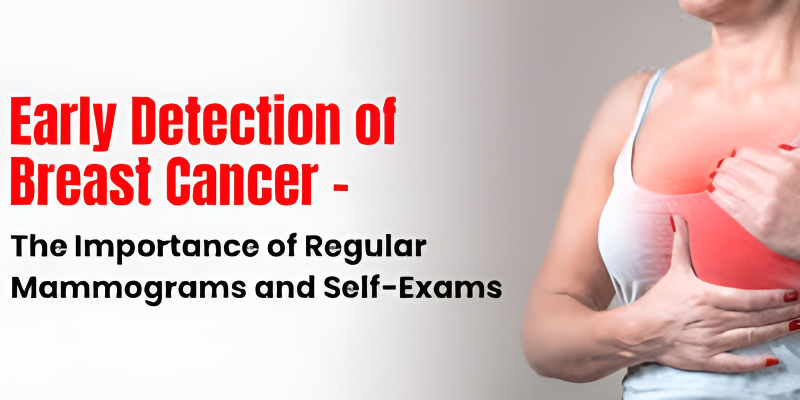The theme for Pink October 2024, as promoted by the WHO, focuses on raising global awareness about breast cancer, with an emphasis on early detection and education about symptoms. This is aligned with their long-standing efforts to promote screening, early identification, and access to treatment, especially in low-resource settings where survival rates can be lower due to late diagnoses.
The WHO encourages efforts to educate the public on the importance of regular self-examinations, clinical exams, and mammograms, as early-stage breast cancer has a higher treatment success rate. Their awareness campaigns also highlight prevention strategies, including lifestyle changes, and improving access to medical services for early screening.
This year’s focus encourages communities, workplaces, and healthcare providers to engage in educational activities, offering practical tips and advice on how women can protect their health. Public health messaging continues to stress the curability of early-detected breast cancers, aiming to empower individuals to take proactive steps in monitoring their health.
One of the most critical aspects of breast cancer care is early detection. WHO emphasizes that when breast cancer is detected early, there is a much higher chance of successful treatment, leading to better survival rates. Pink October plays a pivotal role in spreading this message, educating women on the importance of regular breast cancer screenings such as mammograms and self-examinations.
For women over the age of 40, or those with an increased risk due to family history, regular mammograms are especially important. These imaging tests can detect tumors that are too small to be felt, enabling doctors to intervene before the cancer progresses to a more advanced stage. Pink October campaigns also encourage younger women to perform self-examinations and be aware of any changes in their breast tissue, such as lumps, pain, or unusual discharge.
WHO advocates that public health strategies focus on increasing access to these diagnostic tools, particularly in low-income areas where healthcare may be less accessible. By pushing for early detection as a priority, Pink October aims to reduce late-stage diagnoses, which are harder to treat and often associated with poorer outcomes. This initiative helps reinforce the WHO’s message that early action can save lives.

